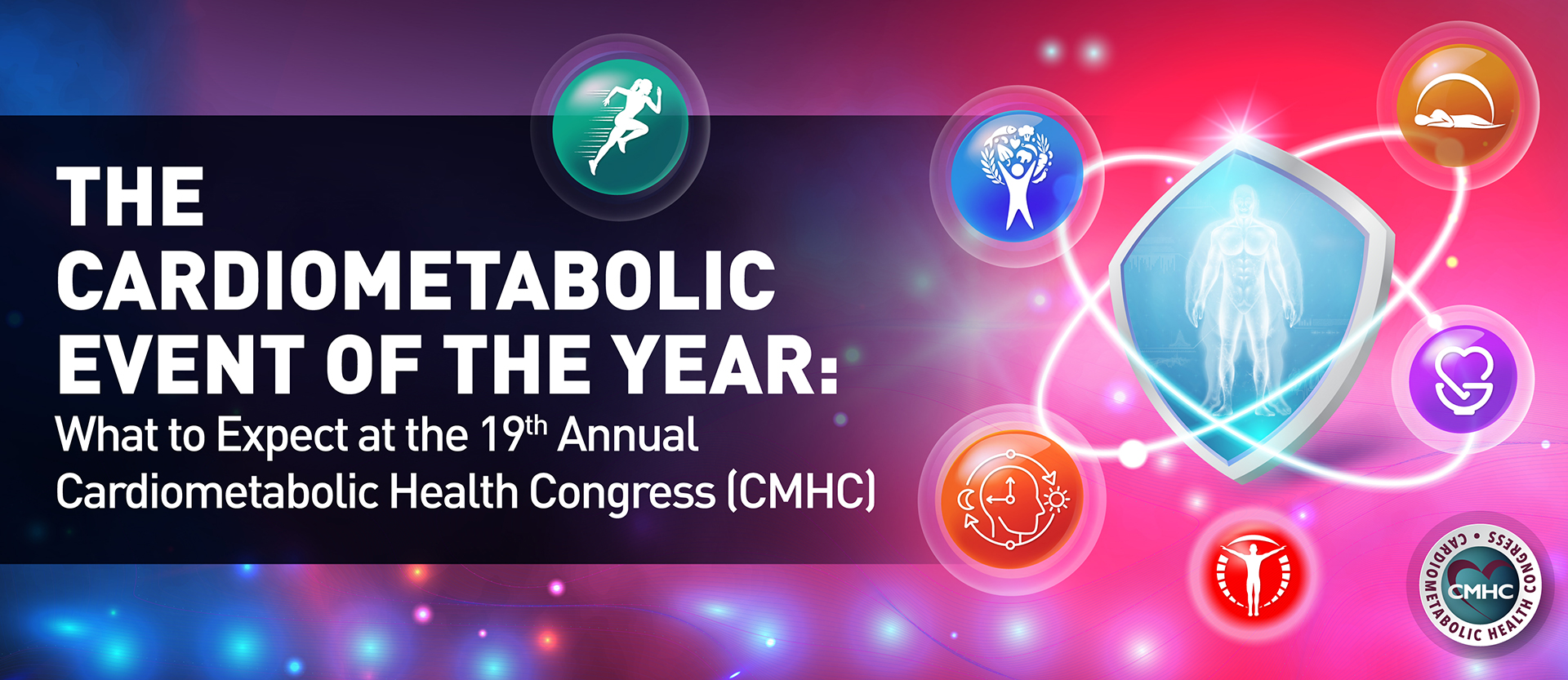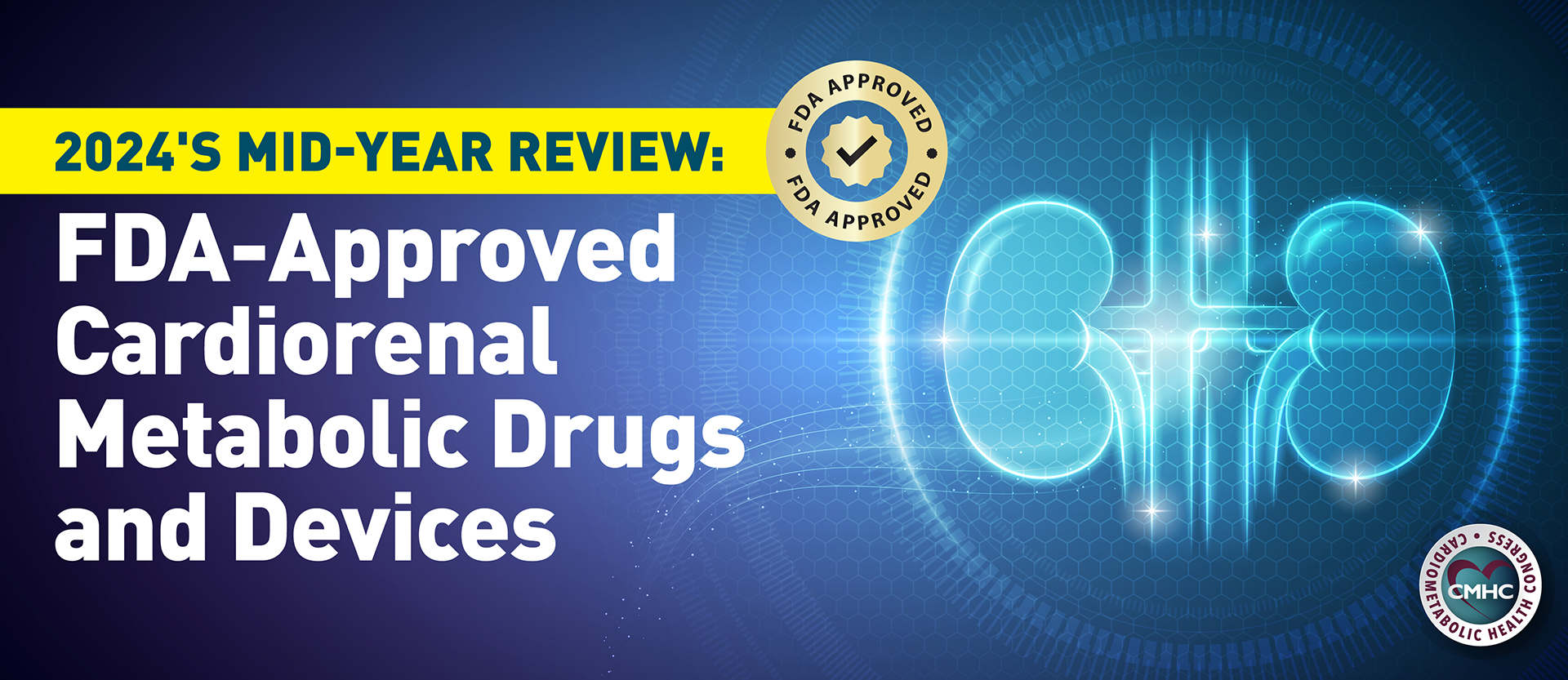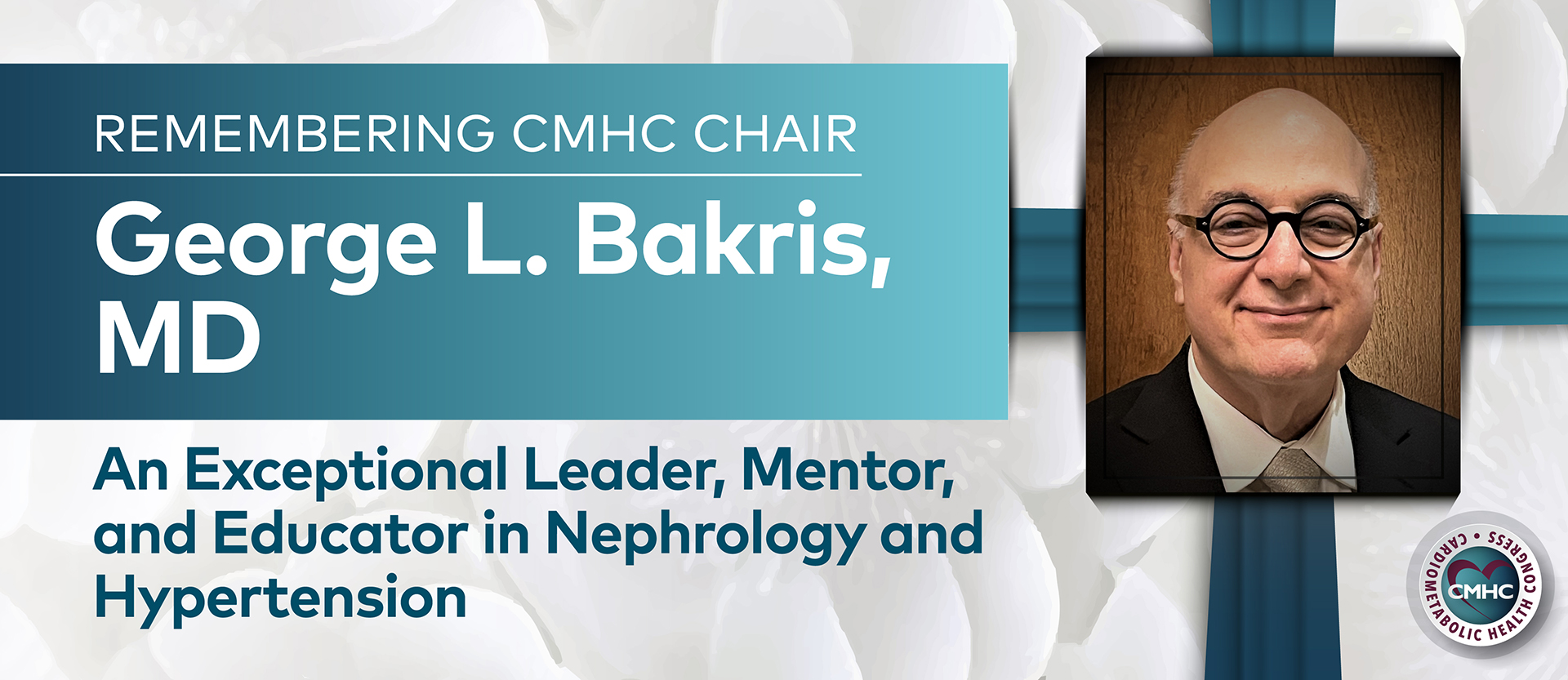Sleep Awareness Week® is observed from March 12-18, 2023. This year, the National Sleep Foundation (NSF) is celebrating the 25th anniversary of this annual call to action recognizing sleep as a crucial part of public health and well-being.
Sleep and Daylight Saving Time
It is no coincidence that Sleep Awareness Week begins on March 12, 2023, the day when most Americans face a disruption in sleep due to the start of Daylight Saving Time. The one-hour time shift results in shorter, less restful sleep and a higher risk of cardiac problems such as heart attack, atrial fibrillation, and stroke. The NSF’s 2023 theme, Sleep is Essential for Health, aims to bring awareness of how public policies like Daylight Saving Time affect sleep and overall health.
An adjustment of just one hour may not seem drastic enough to have health consequences, but experts in sleep science note concerning trends in the month of March that include upticks in cardiovascular events, mood disorders, and motor vehicle collisions. The sleep problems resulting in disrupted circadian rhythm are also observed (to a lesser degree) in November when the nation transitions back to Standard Time. This indicates that it isn’t just the loss of an hour of sleep but rather the disruption of the light-darkness cycle in general that has negative health results.
These time-change outcomes have inspired some experts to advocate for abandoning Daylight Saving Time, citing that making Standard Time permanent is in line with human and animal circadian rhythms and would benefit public health and safety. For perspective, however, at least 70 countries observe Daylight Saving Time, with supporters saying it decreases energy consumption and the associated costs, both financial and environmental. Some countries have even reported a decrease in crime after the time change, possibly because of the extended evening daylight.
Despite the history and observed benefits of Daylight Saving Time, state representatives from Florida, Massachusetts, Mississippi, Missouri, Oklahoma, and Oregon unveiled the Sunshine Protection Act in March 2021 (followed by 33 additional states pursuing similar resolutions at the state level) to discontinue the time change in the U.S.
“Sleep Awareness Week is a time of year when everyone is reminded about the importance of our sleep and how it affects the way we feel and perform each day.”
- Temitayo Oyegbile-Chidi, MD, PhD, Chair of the NSF Board of Directors
Narcolepsy and Cardiometabolic Risk
One significant observable sign of narcolepsy is excessive daytime sleepiness which, unlike sleepiness in a person without narcolepsy, is more like a sleep “attack” rather than gradual drowsiness and is described as overwhelming, persistent sleepiness even when engaged in activity that would typically hold attention. In general, narcolepsy is genetic but not inherited, occurs equally across sexes, and is associated with low levels of hypocretin, a chemical that promotes wakefulness and regulates sleep. Recently, researchers have made great strides in identifying genes strongly associated with the loss of hypocretin-producing neurons in the hypothalamus.
Patients with narcolepsy also live with an increased risk of hypertension, cardiovascular disease, obesity and diabetes, according to the NSF. The unique implications of hypocretin in the development of cardiovascular disease, the sodium content of narcolepsy medication, and shared biological mechanisms in both cardiovascular disease and narcolepsy, are just some of the pathways being explored in this complex relationship.
Watch the Video
“If we want to be healthy and at our best, one of the first places to focus is on our sleep. That’s been our consistent message since we first started Sleep Awareness Week.”
Dr. Oyegbile-Chidi
View the PDF
Related Reading
- https://www.thensf.org/national-sleep-foundation-announces-2023-dates-for-the-25th-anniversary-of-sleep-awareness-week/
- https://www.ncbi.nlm.nih.gov/pmc/articles/PMC6469828/
- https://www.ncbi.nlm.nih.gov/pmc/articles/PMC6463000/
- https://pubmed.ncbi.nlm.nih.gov/32088351/
- https://pubmed.ncbi.nlm.nih.gov/27938913/
- https://www.sleepfoundation.org/circadian-rhythm/daylight-saving-time#references-78768
- https://www.sciencedirect.com/science/article/pii/S1087079221000253
















